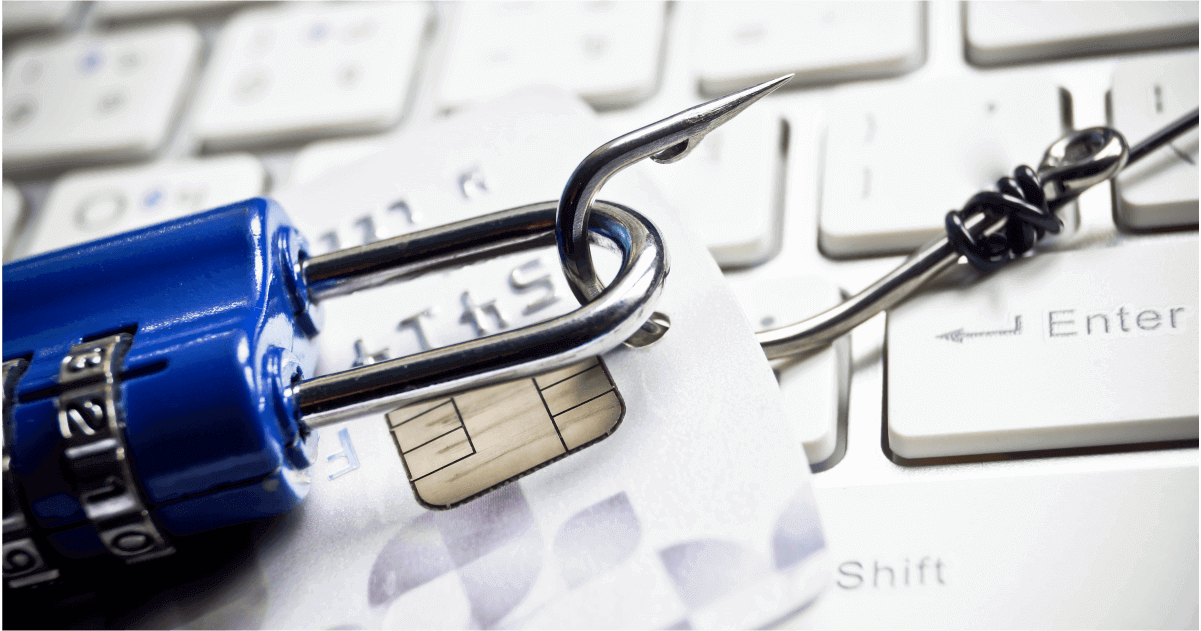
10 tips to avoid Phishing Emails
Internet security is becoming increasingly important as we spend more time online than offline, and one of the biggest threats is phishing. There is a need to make our online tools safe to work with, as safe as we expect the real world to be. However, real world dangers are also bleeding through to the internet.
The kind of scams we expect from people on the street, or on the phone are now commonplace in social media or email. Phishing emails are the most common trend among these scams.
What is a phishing email?
Sometimes you receive an email that is apparently legitimate and asks for some kind of personal information or redirects you to a website that asks for your personal information, many times financial details like credit card numbers. There is also the possibility that the purpose of that email is to install somekind of malware on your computer. The classic example of such an email is the message from a Nigerian Prince asking for money with the promise that you’ll be repayed with all the riches in the kingdom when he is crowned. But these scams have become more subtle and complex as time passed. Nowadays the emails and links they redirect you to can be similar in almost everything to websites you regularly use.
In order to avoid these emails and prevent the consequences of being a target of phishing emails, there are some tips you can follow:
#1 – Identify a Phishing Email
Phishing emails are becoming more subtle and hard to identify, but there are still some aspects that can be found and identify them. They usually duplicate the image of a well known company, use the names of that company and/or employees, includes sites similar to the ones of the company and offers special gifts and/or threats the deletion of your account.
#2 – Would they ask for that?
Take some time to inspect the offers or requirements of the email. What are they offering or what information are they asking for? Then ask yourself if that company, be it your bank or social media, would offer that or ask that. If they never have and you don’t think it’s normal they are now, don’t risk it.
#3 – Type, don’t click
To prevent being redirected to suspicious links, type the link to that company, search it on google or go to your bookmarks if it’s a company or website you visit often.
#4 – Visit secure websites only
When typing an address or clicking on a link, make sure the website has the “https://” at the beginning of the address. That means the website is safe to visit. Your web browser should also show the icon of a closed lock to assure you that link is safe.
#5 – Beware the short links
A lot of the emails we receive, be it from verified or unverified senders, have shortened links for us to follow. Everyone has come across the “bitly” links. Scammers are using it as their increased usage turned them trustworthy and their shortness makes it harder to evaluate their safety.
#6 – Enhance your security
Cover your basics and keep the security of your computer up to date. Upgrade your antivirus in order to block this content, and make sure to update your browser and operating system, as newer versions come equipped with tools that prevent phishing.
#7 – Update. Your. Password!
The classic warning that everyone ignores. Unless you are in the IT business, you probably have the same password for every account and you have it for years. But changing your password for each website and doing it regularly prevents scammers of finding a master key for your accounts by “phishing” it of one fake website. It also prevents their access to one account for long, because you will soon change it.
#8 – There is no language barrier
Some phishing emails sometimes redirect you to websites presented in a foreign language or, at least, in a language different to the one that website regularly uses. Close it, and visit the link you usually use for that page. Why is Facebook asking for your password in French?!
#9 – Update yourself
The best way to know what scams are trendy is to keep up with the news about online phishing. By visiting technological websites and news platforms you’ll most likely be aware of common practices of scammers online and be able to avoid them. Check our Top 10 online safety tips to prevent from dangerous online behaviours that can put us at risk of having our devices broken into or at least our information stolen.
#10 – If you see something, Say something
The only way people can avoid phishing scams is to know about them. If you come across a brand new, genius attempt of phishing you should report it to your antivirus software provider, browser provider and even internet provider. Maybe you could even post something about it on social media or an open news platform. Write about it on Reddit! Don’t
Sun Evo Tech works with the most secured partners such as Kaspersky and Bitsight to guarantee a top to bottom safe network environment with the best solutions towards cybersecurity.
Reach us to find a cybersecurity solution that best fit your business!

Sun Evo Ethical Hacker
Have you found this article insightful? Sign up for more great content…!
…and hey, follow us on social media:




